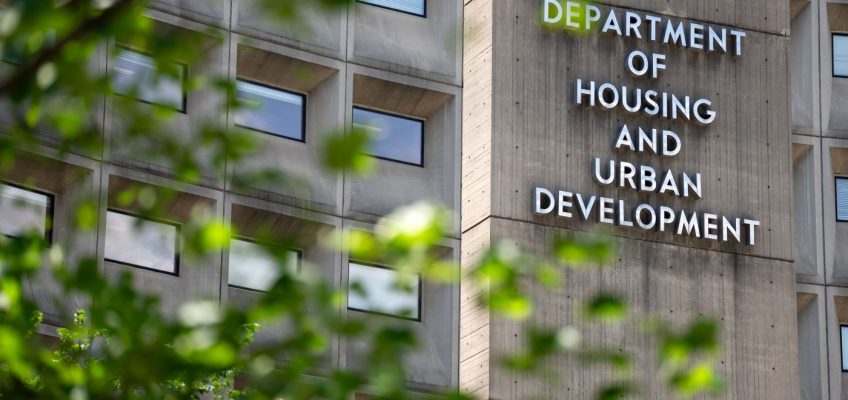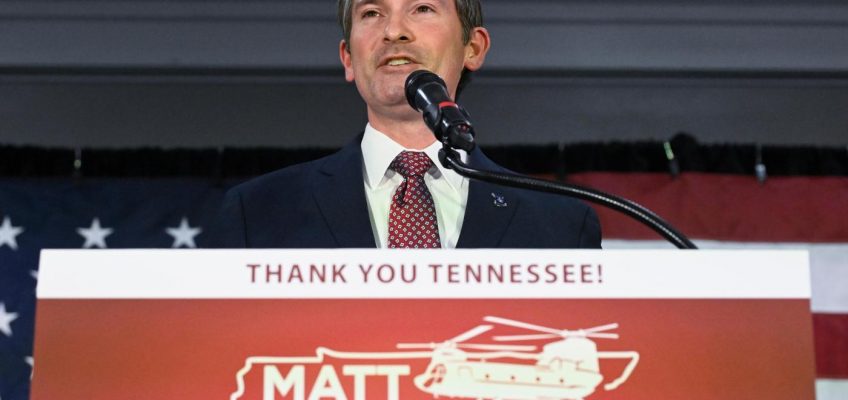Minnesota’s housing network is scrambling to adjust to the federal government’s new grant stipulations in housing and homeless programs.
The Department of Housing and Urban Development (HUD) announced changes Nov. 14 in its annual Notice of Funding Opportunity for Continuums of Care (CoC). Among them were a cap on permanent housing funding at 30%, requiring treatment in programs, and a ban on any program that recognizes transgender individuals.
Co-Coordinator Patty Beech-Dziuk, who has been with the CoC since it started in the 1990s, said changing priorities with different administrations are expected, but that these shifts are particularly “drastic.”
“Our homeless response system has been built over like 40 years, through Republican and Democratic administrations,” she said. “We’ve made different shifts over the years, but trying to make this drastic of a shift in whatever it is, five or six weeks, it’s just incredibly challenging.”
According to the National Alliance to End Homelessness, this particular NOFO could cause 3,930 people to lose housing in Minnesota and a loss of $26,595,473 in funding. In Minnesota, 48% of permanent housing beds are currently funded by the CoC program.
Regional impacts
Cara Oakland, CoC co-coordinator with Beech-Dziuk, said 67% of the northeast region’s CoC funding goes toward permanent housing, and under the new restrictions, the northeast region could only submit up to 30% of their total funding and requests permanent housing for 2026.
“Figuring out how to move a permanent housing project to transitional housing in hopes that you can maintain any amount of funding … It’s really difficult, and it’s nearly impossible to figure that out in, essentially, we got four weeks from HUD to figure out what projects get funded and how to rank them,” Oakland said.
Carla Solem, CoC coordinator for the west-central region, said housing projects starting in 2024 served 190 individuals and 79 households — 97 adults and 93 children under age 18.
Currently, 77% of the west-central region’s annual funding goes to permanent housing and 74 of the 79 households were in permanent housing.
Among those supported by the funding, 71 had a mental health disorder and 24 had a physical disability, Solem said. Forty-six of the individuals in the west-central CoC region had experienced domestic violence, sexual assault, dating violence, stalking and/or human trafficking, and 78 were considered chronically homeless.
Oakland said the northeast region serves similar populations, including veterans.
She said the people served by the programs might not get access to housing otherwise.
“For our region, it’s not about the quantity of people, but the vulnerabilities of the populations that are being served and the risk to them returning to homelessness when these projects are forced to close because of HUD’s changes,” Oakland said.
Shifting priorities
One of the stipulations from HUD in its new Notice of Funding Opportunity goes against the “housing first” strategy — providing housing without requiring preconditions like sobriety or treatment compliance.
Oakland said that from her time in the field, she knows it’s not effective to “force someone into treatment when they are not ready and willing to go.”
“That’s why HUD has pushed ‘housing first’ for so long, because housing first works and it’s proven to work,” she said. “You get them stable and connected to their basic needs, and then you can work on that next step.”
Sen. Lindsey Port, DFL-Burnsville, agreed and said the “cost of pulling housing-first providers in favor of transitory beds will be in human lives.”
“The changes to these Housing and Urban Development grant requirements are a depraved new low — one that will knock down thousands of Minnesotans who are beginning to climb out of homelessness,” she said. “Housing first and harm reduction are proven methods of helping people overcome some of the most difficult challenges a human can face; yet with a stroke of a pen, hundreds of programs that provide these services are cut off from the funds that make their work possible.”
Litigation and uncertainty ahead
Minnesota Attorney General Keith Ellison sued HUD on Nov. 25 with a coalition of Democratic attorneys general, but Beech-Dziuk said CoC can’t wait until the litigation plays out to apply for grants in the coming year.
“We’re watching it, but we’re also working diligently to meet HUD’s requirements,” she said. “HUD has real specific timelines so that there’s a fair funding process locally … We’re doing all that. And then if something happens with that lawsuit, we will adjust.”
Beech-Dziuk said she’s worried about the northeast region’s ability to backfill in the same way that others, like Duluth or Hennepin County, could.
“Duluth has its own Community Development Block Grant,” she said. “They have some local and county money they devote to addressing homelessness. I mean, the number of people that are homeless is also bigger, but they have a wider variety, where, like, small towns and rural counties and tribes don’t have a lot of the same resources to address homelessness.”
Related Articles
St. Paul: The once and future Hamm Brewing Company, in maps and pictures
St. Paul DNR office near homeless encampment increases security after rash of break-ins
Federal agency boosts size of most single-family loans the government can guarantee to $832,750
MN faith leaders plan overnight vigil over housing programs cuts
The McKnight Foundation deploys $1 million in grants to help Minnesotans




